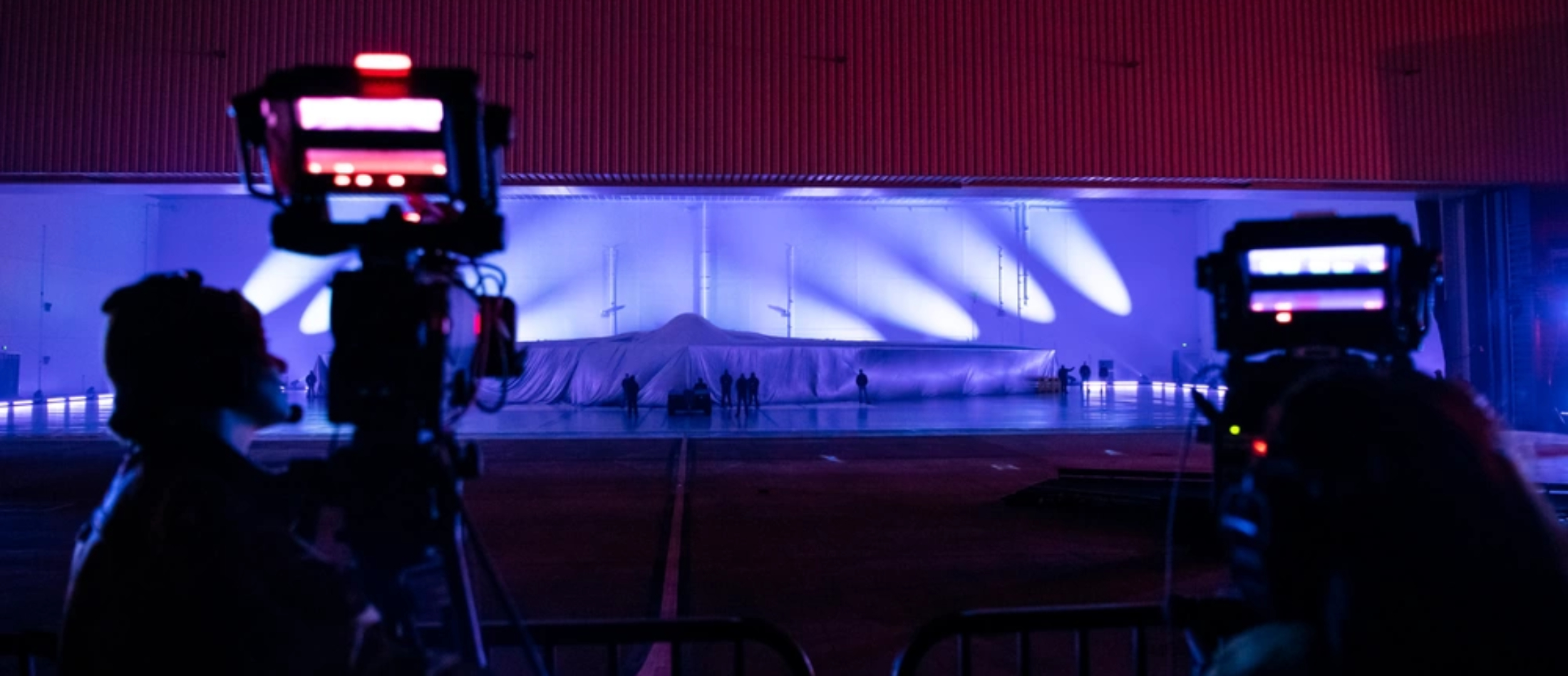The virtual seminar will be held from 12:30 to 2:00 p.m. (E.T.)
The past decade has seen increasing confrontation and arms racing centered on the US and its allies, Russia, and China involving nuclear weapons, emerging technologies for strategic non-nuclear weapons systems and new missions, and a more fractured and contentious global nuclear order. This turn in the nuclear age may challenge much of what is the conventional wisdom about the nuclear condition, with regard to restraint, arms control and reductions, and strategic stability, risk management, and global norms. This talk will explore key drivers and dynamics of this emerging nuclear age and how it differs from the earlier periods, spanning roughly the years 1940s-1990s and from the 1990s to the 2010s, and outline what may be some of the main challenges ahead.
About the speaker: Andrew Futter is Professor of International Politics at the University of Leicester, UK, where he leads the project “Towards a Third Nuclear Age: Strategic Conventional Weapons and the Next Revolution in the Global Nuclear Order”. He was previously a visiting fellow at the James Martin Center for Nonproliferation Studies and at the Norwegian Nobel Institute in Oslo. He has written on nuclear and strategic issues, including "Hacking the bomb" (2018) and "The politics of nuclear weapons" (2021).
